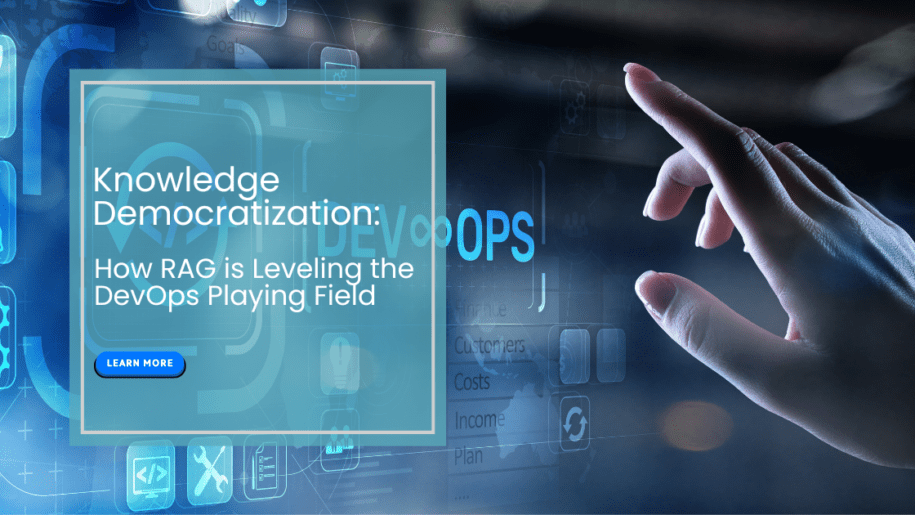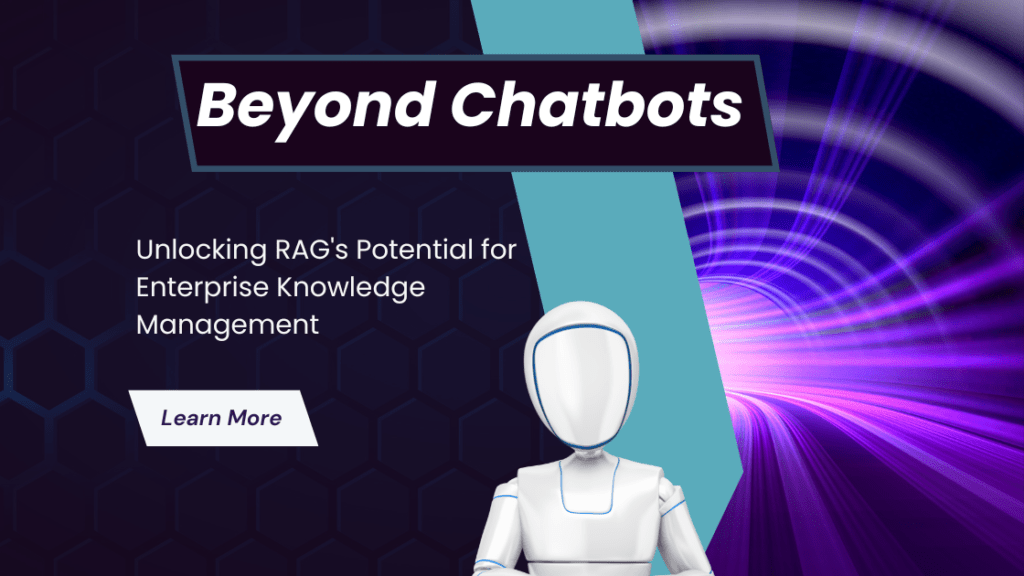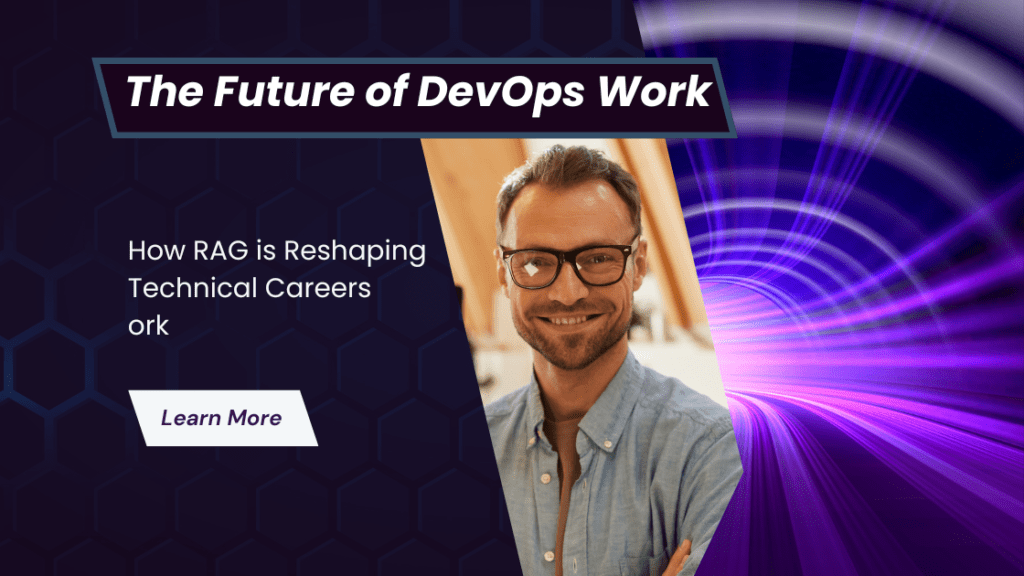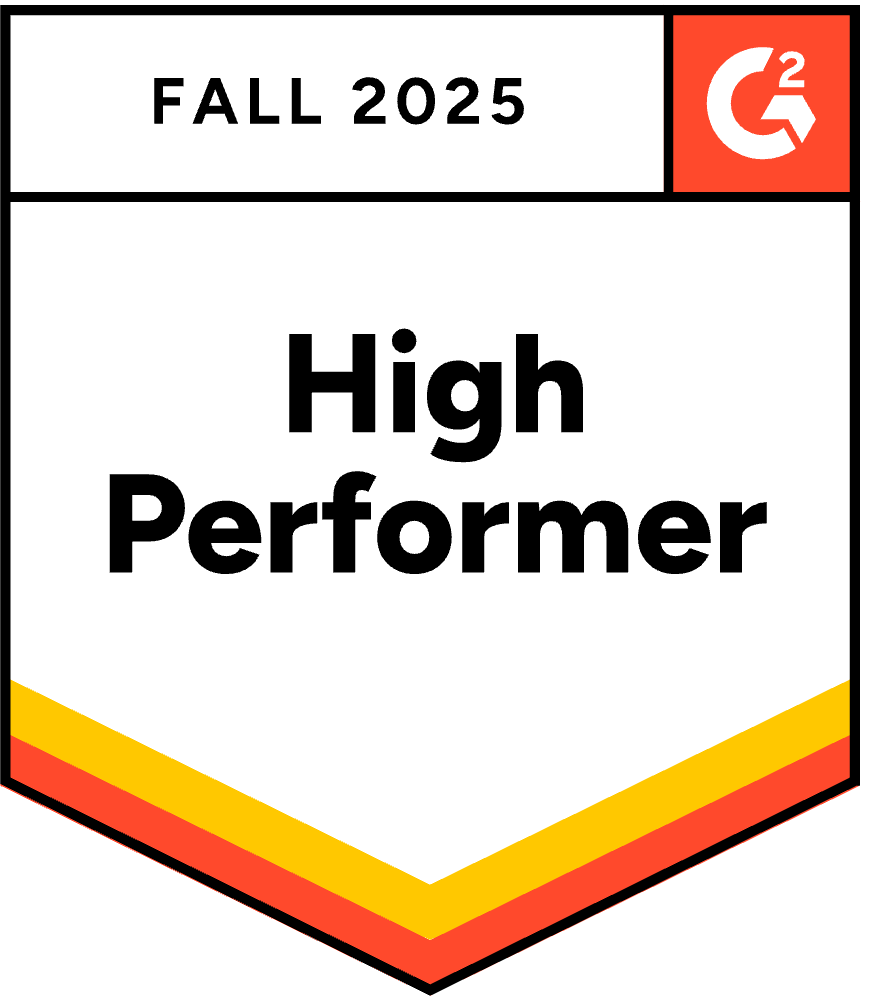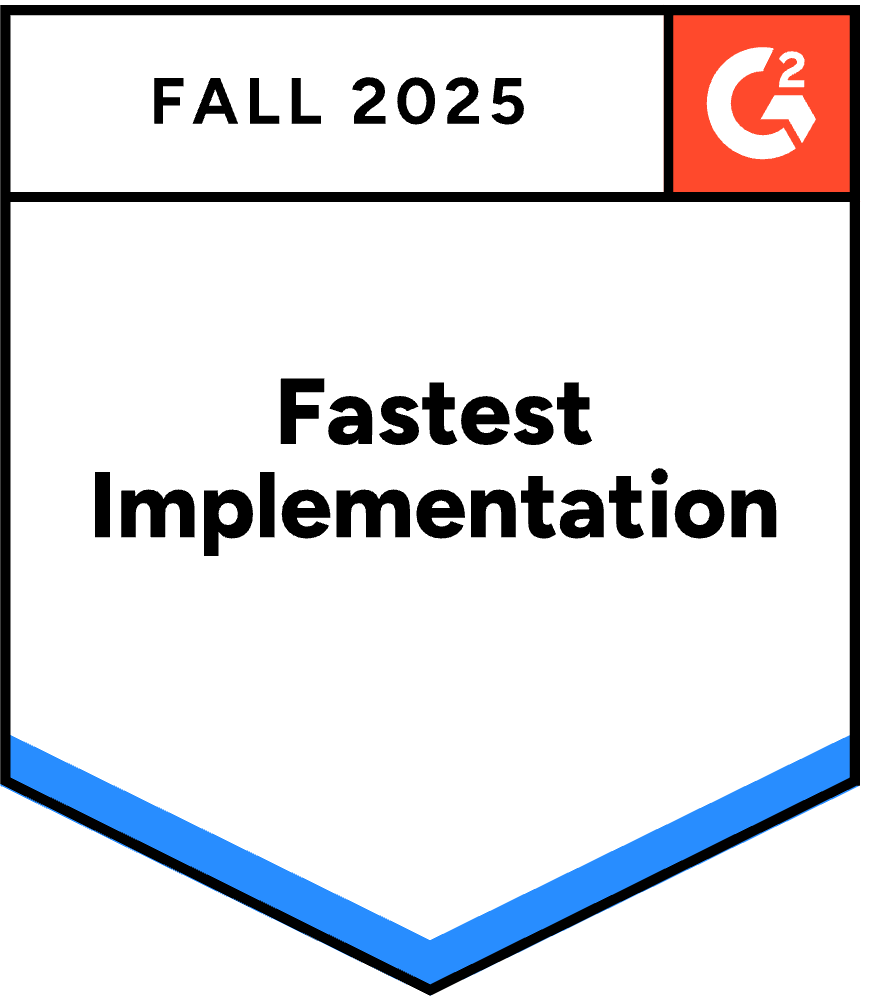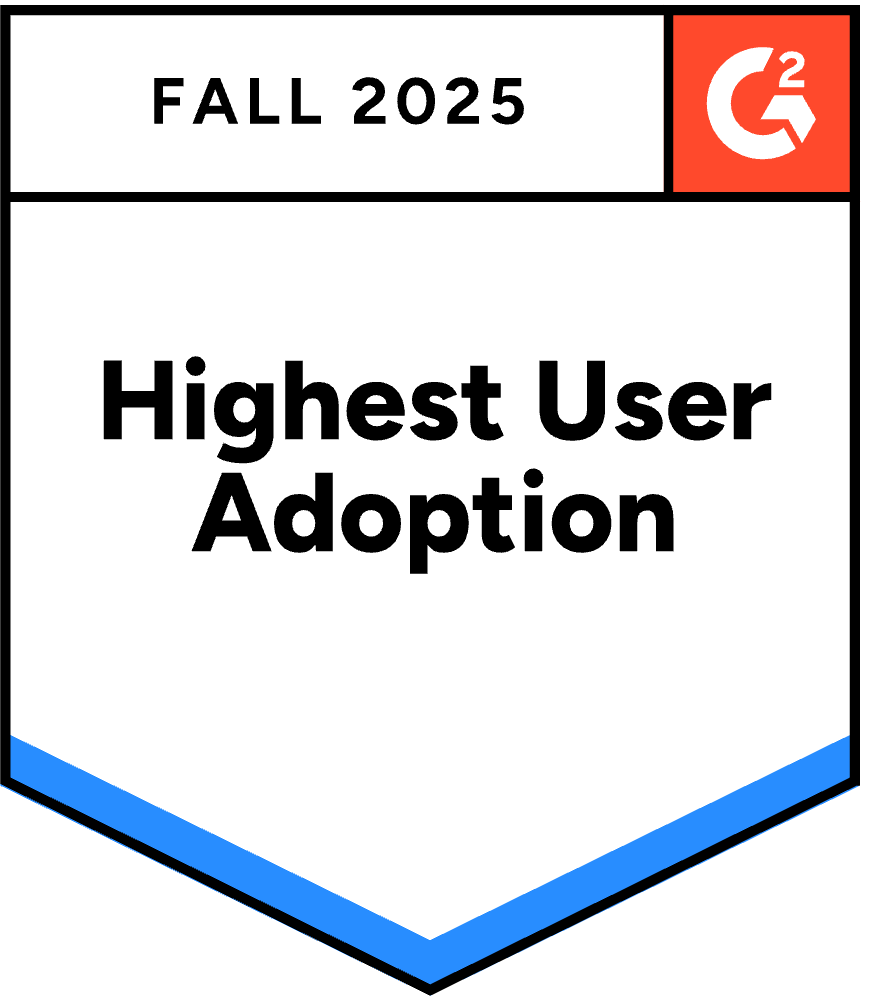Knowledge has always been power in the high-stakes world of modern IT operations. But traditionally, that power has been concentrated in the minds of a select few—the veteran engineers with years of system experience, the architects who designed the infrastructure, or the specialized experts who understand the most obscure corners of your technology stack. This concentration of knowledge creates an unhealthy dependency and poses a significant risk when these knowledge keepers are unavailable or, worse yet, leave the organization.
Enter Retrieval-Augmented Generation (RAG) and its implementation in advanced observability platforms like FusionReactor’s OpsPilot. Beyond the technical capabilities these systems offer, they’re driving a profound cultural shift in how DevOps teams function by democratizing access to critical knowledge.
From Tribal Knowledge to Collective Intelligence
Every organization has its legends—the engineers who can diagnose complex issues in minutes because “they’ve seen it before” or who understand the quirks of legacy systems because “they built it.” While these individuals are invaluable, their existence represents a single point of failure that no robust engineering organization should tolerate.
RAG-enhanced observability platforms are systematically dismantling this dependency by:
- Capturing implicit knowledge: When senior engineers interact with systems like FusionReactor’s OpsPilot Hub to document their insights, they transform tacit knowledge (what they know) into explicit knowledge (what the organization knows).
- Contextualizing information: Unlike traditional documentation that exists in isolation, RAG systems connect information to the real-time contexts where it’s most useful. A database performance trick isn’t just documented—it’s surfaced precisely when engineers are troubleshooting database performance issues.
- Preserving historical context: When engineers leave or teams reorganize, the context behind architectural decisions or operational workarounds often disappears. RAG systems maintain this essential historical perspective, ensuring new team members understand what to do and why it needs to be done that way.
This shift from tribal knowledge to collective intelligence means the entire team becomes more resilient and capable, not dependent on specific individuals for critical expertise.
The Rise of the 10x Team
For years, the industry has been enamored with the “10x engineer” concept—those rare individuals whose productivity supposedly outpaces their peers by an order of magnitude. RAG-enhanced observability is helping us evolve beyond this limiting paradigm toward something more powerful: the 10x team.
By democratizing access to knowledge, these systems:
- Accelerate onboarding: New team members can contribute meaningfully faster when they can query a knowledge-rich system rather than waiting for time with senior engineers
- Reduce “hero dependencies”: On-call rotations no longer depend on escalating to the same few experts for complex problems.
- Enable collaborative problem-solving: Teams can build on each other’s knowledge rather than reinventing solutions.
One engineering manager at a financial services company using FusionReactor noted:
“Before implementing OpsPilot, we had a three-tier escalation system that inevitably ended with our principal engineer getting a call at 2 AM. Our junior engineers regularly resolve complex issues by leveraging the collective knowledge we’ve built in the system.”
Breaking Down the Knowledge Hierarchy
Traditional DevOps teams often develop an implicit hierarchy based on knowledge access. Senior engineers make crucial decisions because they have the context, while junior engineers handle routine tasks until they “earn” access to more critical systems and information.
RAG-enhanced observability flattens this hierarchy by:
- Providing context at the point of need: When a junior engineer investigates an issue, they immediately access the same historical context, previous resolutions, and system understanding that a senior engineer would have.
- Offering guided troubleshooting: Systems can walk engineers through complex diagnostic procedures, providing explanations.
- Reducing the “stupid question” barrier: Engineers can query the system to understand basic concepts or architecture without fear of judgment.
This democratization helps teams distribute responsibility more evenly and creates opportunities for individuals at all experience levels to contribute meaningfully.
Measuring the Impact of Knowledge Democracy
Organizations implementing RAG-enhanced observability like FusionReactor are seeing quantifiable benefits from knowledge democratization:
- Broader incident response capability: More team members can successfully resolve incidents without escalation
- Reduced mean time to resolution (MTTR): Teams solve problems faster when relevant knowledge is immediately accessible
- Decreased knowledge loss during transitions: When team members leave, their knowledge remains captured in the system
- More distributed contributions to knowledge bases: Instead of documentation being the responsibility of a few individuals, everyone contributes to and benefits from the collective knowledge
One global e-commerce company reported that after implementing a RAG-enhanced observability solution, they saw a 47% reduction in escalations to senior engineers and a 62% improvement in first-response resolution rates—clear evidence that knowledge was being democratized across their engineering organization.
The Virtuous Cycle of Shared Knowledge
Perhaps the most potent aspect of knowledge democratization through RAG is the virtuous cycle it creates. As the system accumulates more knowledge and context, it becomes more valuable, encouraging more usage and contribution, further enhancing its value.
This positive feedback loop transforms the nature of institutional knowledge from a static asset (documentation that quickly becomes outdated) to a dynamic, living resource that evolves with the organization.
Challenges in Knowledge Democratization
Despite its benefits, democratizing knowledge through RAG-enhanced observability isn’t without challenges:
- Quality control: Not all contributed knowledge is equally valuable or accurate
- Context maintenance: As systems evolve, historical knowledge may become outdated
- Cultural resistance: Some engineers may resist documenting their expertise, seeing it as job security
Platforms like FusionReactor’s OpsPilot are addressing these challenges through features like knowledge verification, automated relevance detection, and integration with existing workflow tools to make knowledge contribution frictionless.
The Future of Democratized DevOps Knowledge
As RAG technology continues to evolve, we can expect even more profound changes in how DevOps teams share and leverage knowledge:
- Predictive knowledge delivery: Systems may anticipate knowledge needs based on current activities
- Cross-organization knowledge networks: Anonymized, industry-specific knowledge sharing could benefit entire sectors
- Automated knowledge capture: Passive monitoring of successful troubleshooting sessions could automatically extract and preserve valuable insights
Conclusion
The democratization of knowledge through RAG-enhanced observability represents more than a technological advancement—it fundamentally reimagines how DevOps teams function and grow. By breaking down knowledge silos, these systems are creating more resilient, capable, and equitable engineering organizations.
FusionReactor’s OpsPilot exemplifies this transformation by providing powerful technical capabilities and enabling a cultural shift toward shared knowledge and collective problem-solving. As these tools evolve, the gap between experienced and novice engineers will narrow—not because experienced engineers become less valuable, but because their knowledge and expertise can be magnified across the entire organization.
In the future, the most successful DevOps teams will not be those with the most experienced individuals. Still, those who most effectively capture, share, and apply their collective knowledge, along with RAG-enhanced observability, are making that future possible today.

